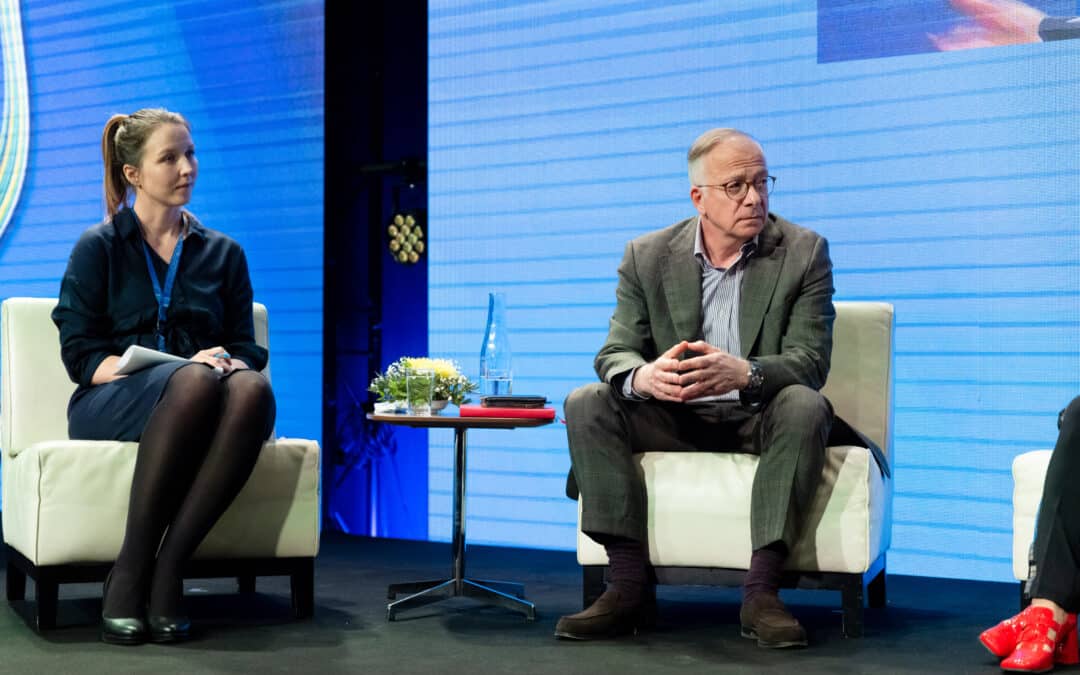
May 3, 2023
On the 2-3rd of May, EU Sport Forum, organised by the European Commission and the Swedish Presidency took place in Stockholm. The Forum is a key event for the stakeholders in the sport sector, gathering over 400 participants for the 2023 edition. This year’s edition focused on topics such as good governance, integrity and sustainability of sport.
Paulina Tomczyk, the General Secretary of EU Athletes, represented the organised athletes in the panel discussion ‘Good governance and athlete rights’. She emphasised the importance of freedom of association for the athletes, not only in the context of forming and joining athlete associations, but also sport organisations and governments engaging with those bodies when it comes to decision making in sport.
‘Without athletes there is no sport. Collectively, athletes have a huge power of change. They can reform the sport governance into the system compatible with good governance. The goal is to have an equal partnership and cooperation between athlete and sport organisation, with decision making based on social dialogue and collective negotiations, with respect the rights of athletes and all stakeholders’ – said Paulina during her intervention.

Apr 15, 2023
Every year on the 15th of April, the #EUSportIntegrityDay campaign offers an opportunity to speak out against match fixing and demonstrate dedication to protecting the integrity of sport. EU Athletes started this initiative in 2014, and it has continued to grow ever since, with new stakeholders expressing their support each year. In 2023, the campaign has already received strong support from the player movement, including associations representing a variety of sport including handball, basketball, volleyball, rugby and futsal as well as multisport national unions.
This year, as a part of Erasmus + project PROtect Integrity Online co-funded by the European Union, an animated video in English, Spanish, Italian, Danish, and French languages was created to ensure that the message is received by as many stakeholders in their native languages. Players, coaches, officials, and support staff at all levels should know the threats of match fixing and applicable policies in their sport. You can watch the video in English below.
The integrity of sport is a top priority for EU Athletes and its members. Match fixing presents a major threat to the integrity of sport and can have a detrimental effect on the whole sport sector and people involved. In recent years, match fixing rapidly expanded to new forms and new areas due to the increasing digitisation and changing sporting environment.
Athlete and player associations regularly educate athletes on emerging methods of manipulating the competition to ensure that athletes can detect the fixer and report the case immediately. In turn, secure and effective ways of reporting match fixing cases must be established and supported in all sports and countries so that reports are not left unnoticed. To fight match fixing effectively, we need to cooperate locally, nationally, internationally and share our knowledge and expertise.
Join us! Make your stand against match fixing on #EUSportIntegrityDay and share it on social media platforms.
Find out more about the campaign at #EUSportIntegrityDay website.

Apr 12, 2023
On the 31st of March, EU Athletes attended the 3rd International Sport4Impact Conference in Milan, Italy. The event gathered over 60 people to discuss the role of finance and private sectors to design and scale up policies and programs for driving social change through sport. The day before, on the 30th of March, EU Athletes also participated in a smaller pre-event to exchange ideas on creating regulations for prevention and countering crimes in sport in strict coordination with the law enforcement agencies.
During the conference, representatives from sport organisations, public bodies, and practitioners explored opportunities to better connect and cooperate with financial and private operators. The event was organised by IIISSS in cooperation with other partners and with the support of UNESCO. Sport4Impact Conference offered a setting for showcasing current cases and tools as well as potential solutions developed by financial and private sectors. Thanks to the organisers Paolo Bertaccini and Sabrina Vettorato for inviting EU Athletes to the conference.
On behalf of its members, EU Athletes advocated for recognition of the role and importance that athlete and player associations have in the prevention of competition manipulation, corruption and other types of wrongdoings in sport.
Player associations support athletes when it comes to their personal development, education, mental health and wellbeing. Education is an essential element in the prevention of crimes in sport, and player associations are the pioneers and leaders in developing and delivering education to athletes. Education is delivered to athletes by people who they know and trust, therefore, it has a greater impact on the athletes.
Player associations also work to engage in collective bargaining, ensure better working conditions and for athletes to practise sport and the respect of their rights, which all together positively influences the overall welfare of athletes and, hence, makes them less vulnerable to take part in competition manipulation. The work of player associations may further help to improve sport governance and the accountability of sport organisations towards the athletes.
At the same time, other sport stakeholders should understand, respect and support the essential role of player associations. Crimes in sport continue to expand to new locations and take new forms. To fight these wrongdoings effectively, national, European, and international stakeholders should come together, exchange their knowledge and practices.
In line with that EU Athletes is currently coordinating an Erasmus+ project PROtect Integrity Online co-funded by the European Union. The project brings together 8 player associations representing 5 major sports and the University of Rennes 2 as the research institution. PROtect Integrity Online focuses on researching, developing, implementing and evaluating the best ways to deliver integrity education to players, particularly related to fighting match-fixing and corruption in sport.
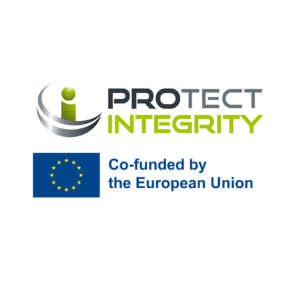

Mar 6, 2023
On 15 and 16th of February 2023, the first project meeting of the SOPROS project took place on the campus of the project coordinator – German Sport University in Cologne. It is an Erasmus+ project co-funded by the European Union. The aim of the SOPROS project is to promote integrity and values in sports by assessing, evaluating and implementing athletes’ social protection in Olympic sports.
The SOPROS project is a three-year project ending in December 2025. It is a continuation of the work on the previous Erasmus+ EMPLOYS project on athletes’ social protection that was recently finished in December 2022. The final report from EMPLOYS project ‘Good Governance in the Employment Relations of Athletes in Olympic Sports in Europe: Understanding – Evaluating – Improving’ is published here.
The project consortium involves both academic partners and policy partners, including EU Athletes, which ensures a balanced exchange of knowledge and expertise. Close cooperation of academic and policy partners as well as relevant stakeholders is ensured at every stage of the project. German Sport University Cologne is a coordinator of the project. University of Rijeka (Croatia), Universidade Europeia (Portugal), Edge Hill University (Great Britain), Institute for Sport Governance (Poland) are academic partners. Apart from EU Athletes, European Olympic Academies, and European Association of Sport Employers are policy partners of the project. International Labour Organization is an associated partner of the project.
The SOPROS project intends to collect unique data about athletes’ social protection in Olympic sports by developing practicable Self-Assessment Tools for athletes, sport governing bodies and public authorities. The collected data will be then analysed and presented in an Evaluation report. Afterwards, a process of negotiations in Olympic elite sports will be piloted to understand its potential benefits and challenges. During the project two rounds of National workshops will be hosted in several European countries as well as one EU-Level Multi-Stakeholder Workshop and three public Conferences.
Progress and important updates on Erasmus+ SOPROS project will be shared on the EU Athletes webpage throughout the duration of the project.

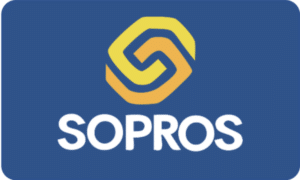
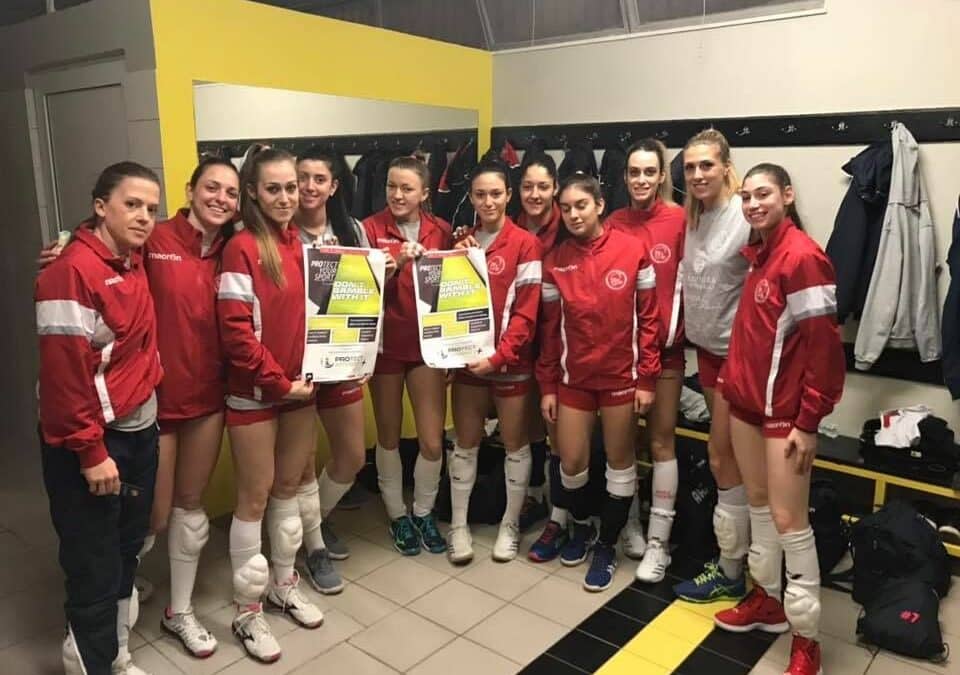
Jan 17, 2023
EU Athletes is happy to announce that PROtect Integrity Online project is close to the start, scheduled for early February 2023. PROtect Integrity Online project is an Erasmus+ project co-funded by the European Union. It will focus on researching, developing, implementing and evaluating the best ways to deliver integrity education, particularly related to fighting match-fixing and corruption in sport.
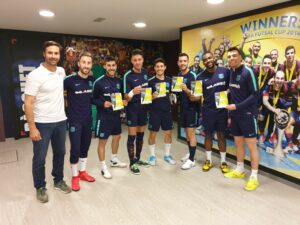
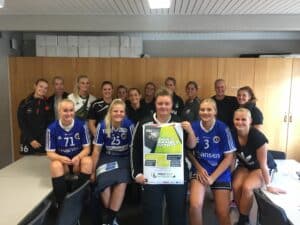
The project consortium is composed of 10 members, including 8 player associations representing 5 major team sports:
- AJSF (men’s futsal, Spain)
- AJFSF (women’s futsal, Spain)
- RPI (rugby union, Ireland)
- HSF (handball, Denmark)
- GIBA (basketball, Italy)
- AIP (volleyball, Italy)
- SNB (basketball, France)
- AJPH (handball, France)
EU Athletes acts as the coordinator of the project, and the University of Rennes 2 is the research institution.
PROtect Integrity Online is a continuation of more than a decade of EU Athletes’ work relating to match fixing and sports betting integrity, including two Erasmus+ projects: PROtect Integrity and PROtect Integrity Plus.
The first phase will consist of research tasks and will be concluded with a report on mapping and recommendations for education. Based on these recommendations and the partners’ output, online educational materials will be created during the second phase. The third phase will cover the implementation of the education via team visits complemented by online materials and social media. Finally, education will be evaluated and good practices will be put together into the Best Practice Booklet. Overall, the match-fixing education will be delivered by player associations to at least 5,800 athletes in Europe, through the blended face-to-face and online approach.
On February 9th, 2023, the project team will meet in Paris for an official kick-off meeting.











